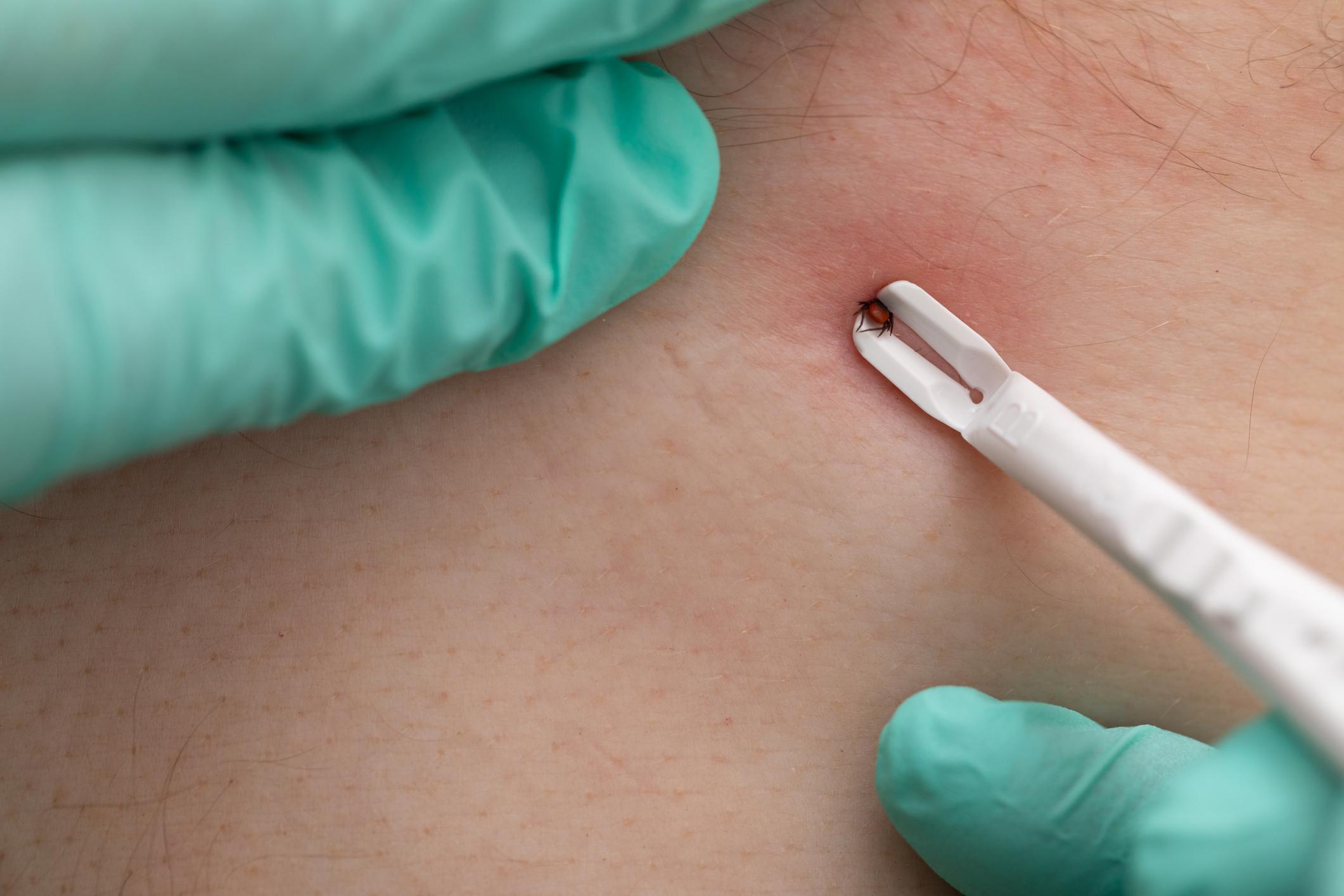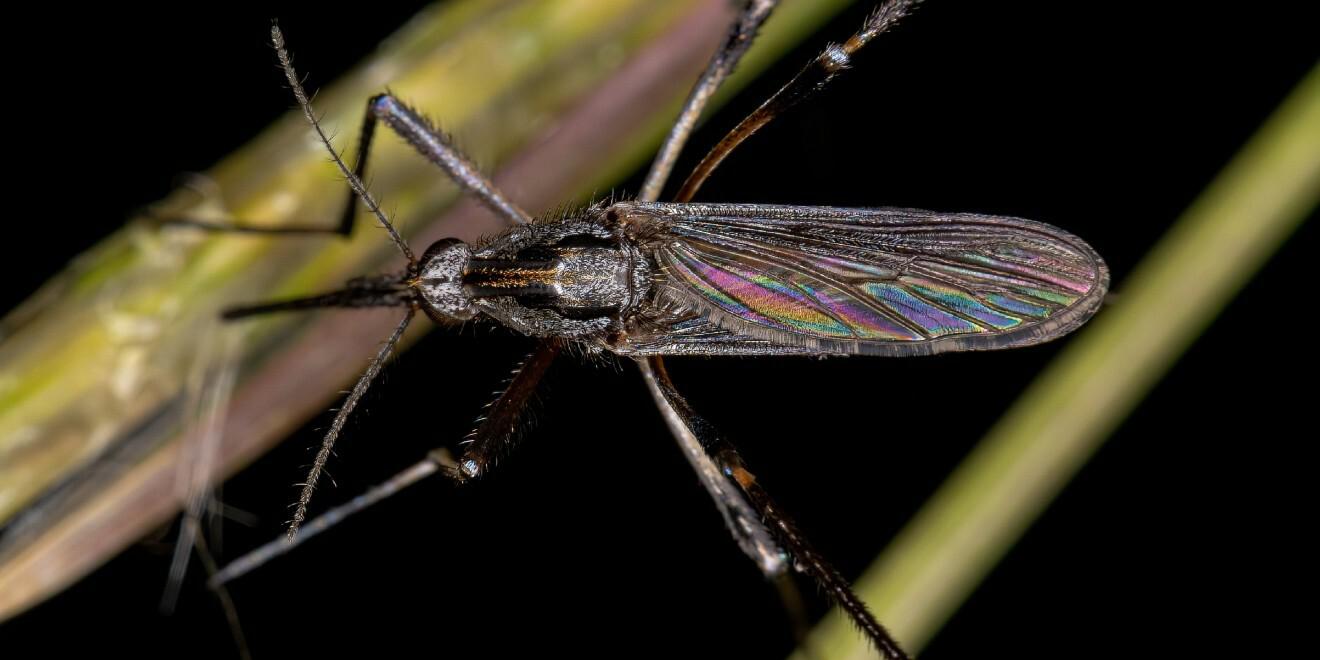Quincy Tick Control is Essential as Ticks Come Out of Hibernation
Posted by Mosquito Squad
December 19, 2023

Out West, bears are waking up from hibernation. Here in Quincy, Mass, droves of ticks are waking up from their hibernation.
Off the heels of a springtime nor’easter snow event, is the Boston area finally arising from wintertime weather for good? And while you were digging your car out of snowbanks, de-icing your walkways, and blowing/shoveling snow for seemingly endless months...you were probably dreaming of spring and summer. And now warm weather, blue skies and long evenings are finally on their way to New England!
While you were making your plans, you might not have considered that the common outdoor pest, the tick, may also have survived this long winter...and ticks are awakening from their hibernation. All it takes is one warm day, which we've already had. Customers throughout the Quincy Mass area are telling us that ticks are out in full force - ALREADY! Mosquito Squad of Boston Metro South can help you now to avoid tick bites and the diseases they carry.
Springtime Quincy tick control is for ticks that survive the winter.
Yes, they survive the winter! Even homeowners, who have experience with pests, might be surprised to discover that ticks can lie dormant, usually under decomposed leaves or similar debris, for an entire winter. Adult ticks can survive and emerge just in time for warmer weather. Worse yet, some of these adult ticks missed out on a blood meal before it was time to seek shelter for the winter. These ticks are emerging and desperate for a meal. They have a small window of opportunity to find a last-minute host and feed on its blood so that they have enough energy to lay their eggs before they die. Whether they come out ready to breed or need a meal first, ticks are not waiting until summer.
We have a few types of ticks in Quincy Mass.
The Massachusetts Office of Health and Human Services warns residents that you might come in contact with several kinds of ticks, and that their diseases include the familiar Lyme disease, as well as tick paralysis, Rocky Mountain Spotted Fever, and tularemia, a less common bacterial infection similar to Lyme disease. Some of the symptoms of tick-borne disease include fever, nausea and vomiting, sore muscles & pervasive aches, rashes, and swollen lymph nodes. Antibiotics clear up the disease in the majority of cases, but some are not responsive, and sufferers can end up chronically ill - for far longer than one or two seasons. Be aware of the symptoms of tick-borne diseases and notify your doctor if your symptoms persist.
Which ticks bite?
Ticks can bite humans in the adult stage, or even as nymphs, or immature ticks. They wait in shady, dense, wooded areas, or where it is grassy and damp, and when they come into direct contact with a host, they cling to the unsuspecting person or animal, and become a tiny parasite. It can be very hard to notice a tick. Lymph-stage deer ticks, for example, are about the size of a poppy seed. Adult deer ticks are sesame-seed size. By contrast, an adult tick is easier to see - about the size of an apple seed. If you notice a tick right away, while it is searching for a place to attach, you can pull it out before it feeds and engorges - but this is hard to do!
It’s much better to avoid being bitten, both by protecting yourself and protecting your surroundings. The Office of Health and Human Services urges adults to check themselves, their children and pets whenever they come inside. Look especially on the parts of the body where it would be easy for a pest to hide - an armpit, or behind a knee, or an ear. If you catch the tick right away, remove it with tweezers. If you are hiking, stick to cleared areas, wear a long shirt, and tuck your pant legs into your shoes or sneakers. Though you might feel awkward or uncomfortable in the heat, it’s better than becoming a blood host for a tick. Make sure you clear dense grasses or damp debris or similar underbrush from your yard, especially under trees or bushes that don’t get much light. If you live near the woods, be especially careful to clear a space between the periphery of your yard and the wooded area. Don’t leave plants that might attract deer.
Quincy tick control is essential.
Despite your personal precautions, ticks and other pests can still live in your yard. Mosquito Squad of Boston Metro South can help reduce the number of ticks around your home with effective tick control mist. We provide barrier protection, misting around and throughout your yard, and can mist several times in a season. We also offer tick tubes in the fall and winter, which contain a fibrous material that attracts small rodents, who then use it for their nests and thereby eliminate one common hiding place for immature ticks.
Begin your Quincy tick control with Mosquito Squad of Boston Metro South today – offering tick control and mosquito control with guaranteed protection since 2005! Call us today at (781) 471-5793.















